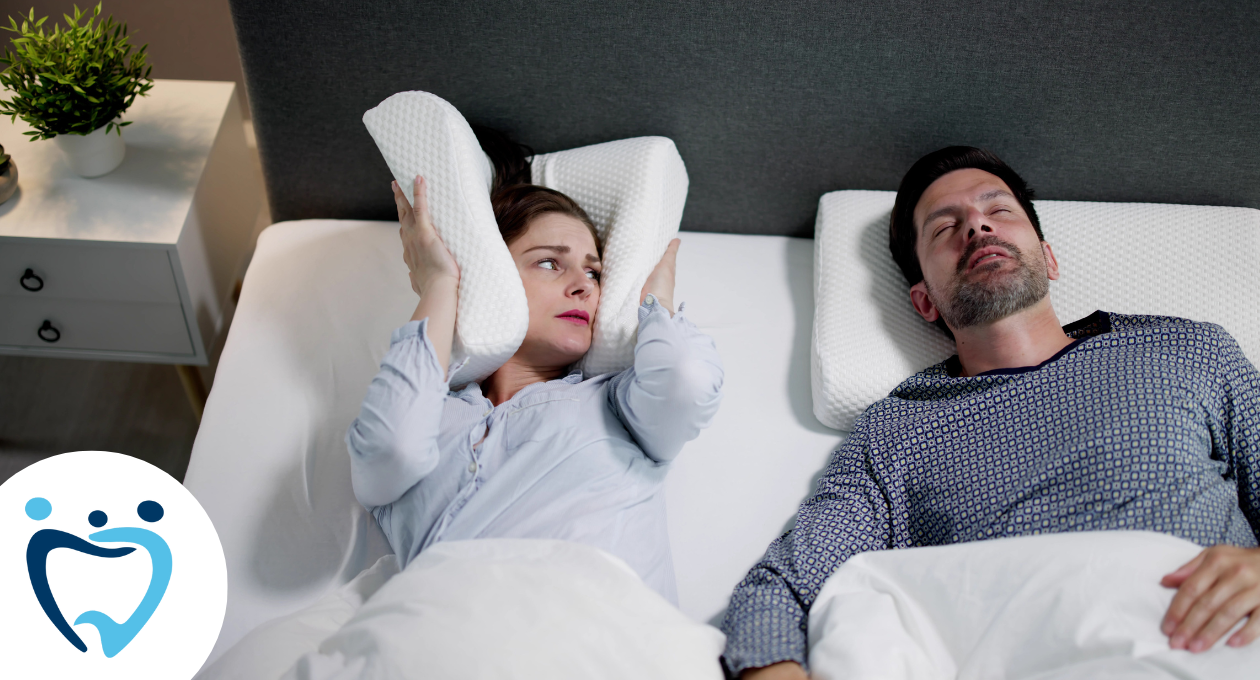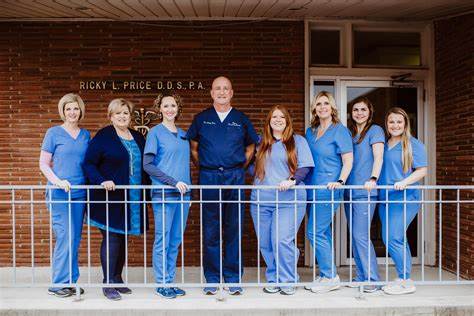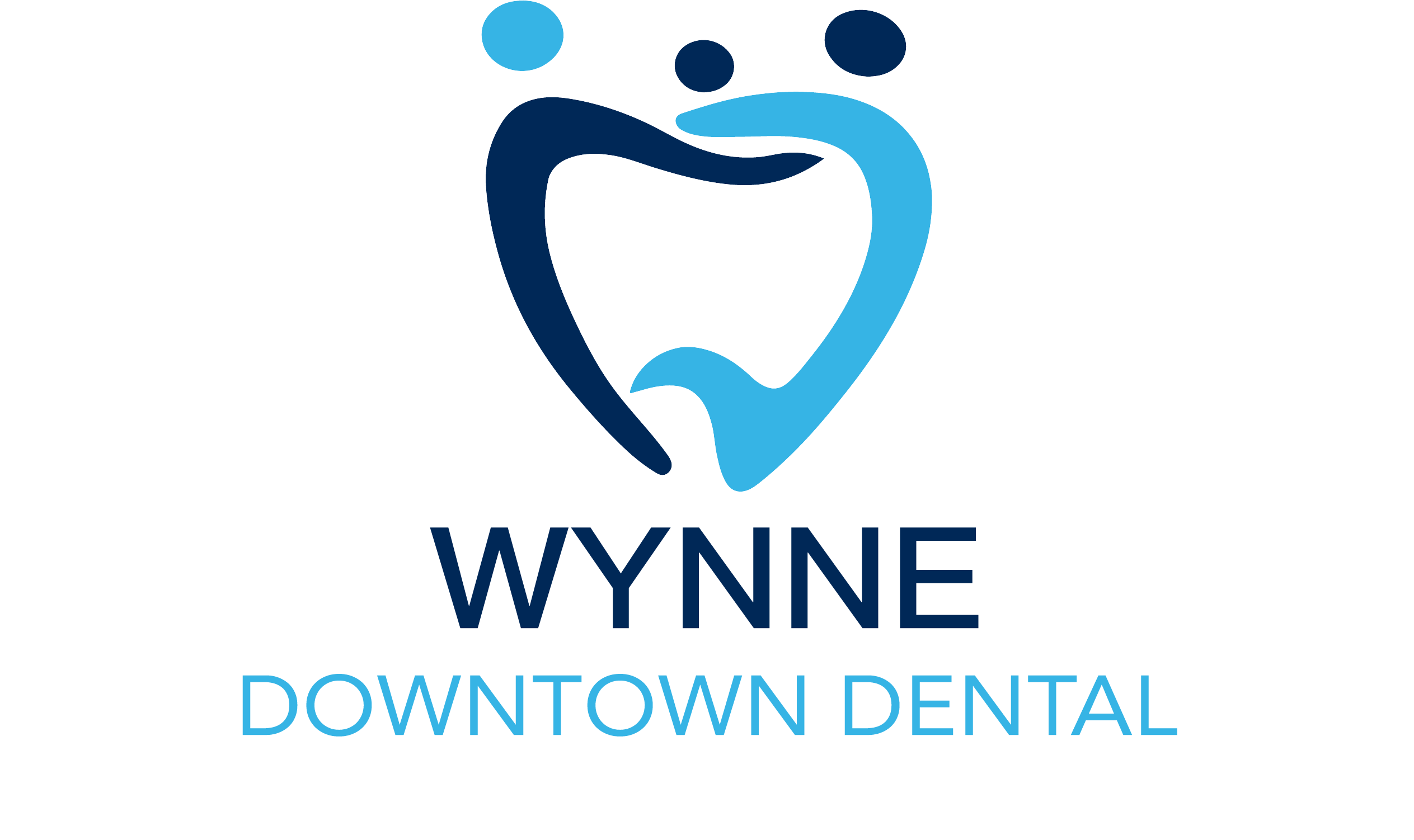
12 Sep How Can Dentists Tell If You Have Sleep Apnea?
As you sleep each night, your body undergoes various processes to rejuvenate and restore. However, for some individuals, this process is frequently disrupted by a condition known as sleep apnea. Dentists play a crucial role in identifying this stealthy culprit. Here are some of the ways dentists can unravel the mysteries of sleep apnea and help you achieve the restful nights you deserve.
Understanding Sleep Apnea
Before we dive into how dentists identify sleep apnea, let’s briefly review what this condition entails. Sleep apnea is a disorder characterized by repeated interruptions in breathing during sleep. These pauses in breathing can last for a few seconds to minutes and may occur multiple times throughout the night. Two primary types exist: obstructive sleep apnea (OSA) and central sleep apnea (CSA). OSA, the more common form, involves a physical blockage of the airway, while CSA results from a failure of the brain to send the proper signals to the muscles that control breathing.
The Dental Connection: Signs in Your Mouth
Your dentist, armed with a keen eye and extensive knowledge, can be an essential ally in identifying sleep apnea. Certain oral symptoms can be indicative of this disorder. During a routine dental examination, your dentist may notice signs such as:
- Bruxism (Teeth Grinding): Grinding your teeth during sleep, known as bruxism, is often associated with sleep apnea. The stress on your teeth and jaw can be a red flag for the disorder.
- Enlarged Tonsils or Adenoids: The size of your tonsils and adenoids can contribute to airway obstruction. Dentists may spot signs of enlargement during an examination.
- High Arched Palate: An unusually high arched palate can affect the space in your mouth, potentially contributing to breathing difficulties during sleep.
In-Depth Assessments
Beyond visual cues, dentists employ specialized techniques known as dental sleep medicine to diagnose sleep apnea more accurately. Two common methods include:
- Polysomnography (PSG): While traditionally conducted in sleep clinics, some dentists offer take-home PSG devices. These devices monitor various physiological parameters during sleep, providing valuable data for a comprehensive assessment.
- Home Sleep Apnea Testing (HSAT): Dentists may recommend HSAT devices that you can use in the comfort of your own bed. These portable monitors record data such as airflow, oxygen levels, and breathing patterns, offering insights into potential sleep apnea.
Customized Oral Appliance Solutions
Once sleep apnea is diagnosed, dentists may recommend oral appliances as a non-invasive treatment option. These custom-made devices, resembling sports mouthguards, aim to reposition the jaw and tongue to keep the airway open during sleep. While they may not be suitable for all cases, oral appliances provide a practical solution for many individuals with mild to moderate sleep apnea.
Collaboration with Sleep Specialists
Dentists often work hand-in-hand with sleep specialists to ensure a comprehensive approach to sleep apnea diagnosis and treatment. This collaborative effort allows for a more in-depth understanding of your condition and ensures that the most effective interventions are implemented.
A Good Night’s Sleep Awaits
By paying attention to subtle signs in your mouth and employing advanced diagnostic tools, dentists can play a pivotal role in identifying sleep apnea. Remember, a restful night is a tangible goal that, with the help of your dentist, can become a reality. If you’ve been struggling to get a good night’s sleep, ask your dentist if a sleep apnea appliance is right for you.

About Our Team
With over 30 years of expertise in the field of dentistry, our team here at Wynne Downtown Dental is ready to meet your needs. We’re passionate about educating our patients on improving their oral health and helping our patients get the smile they deserve.
